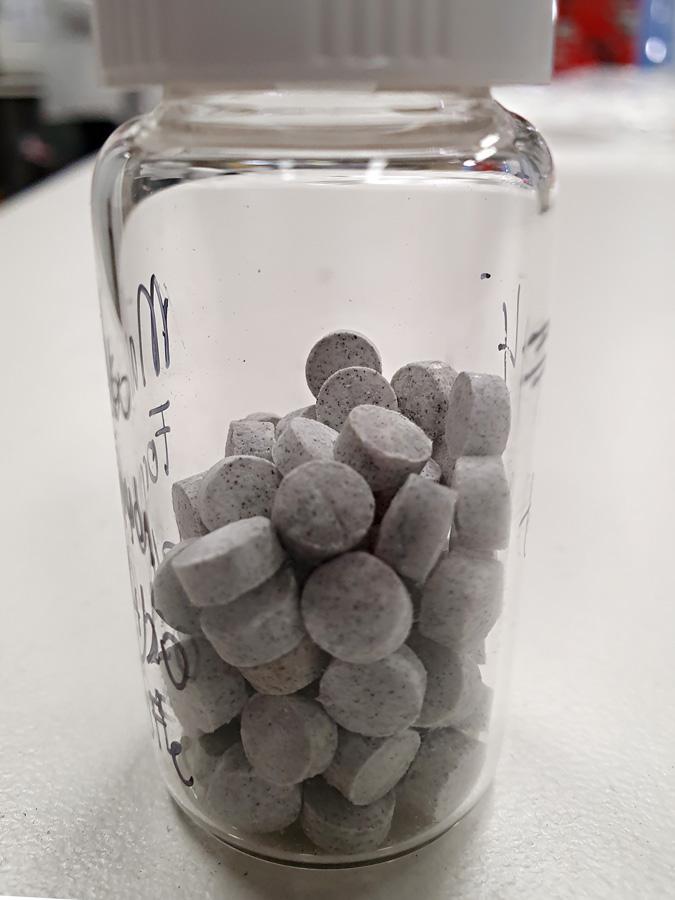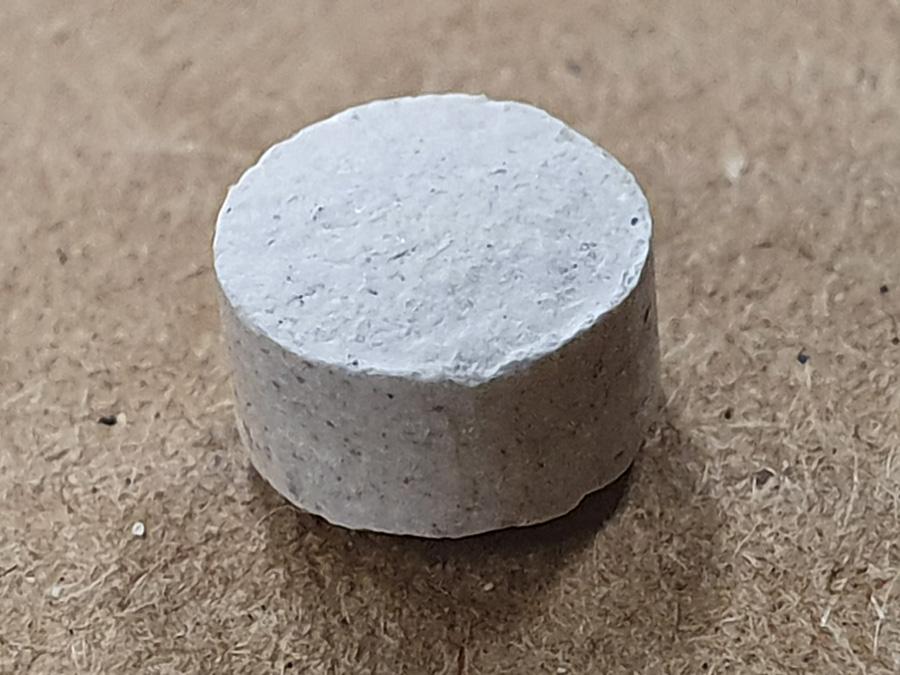First UofA payload to be launched into space by NASA
Researchers from the University of Adelaide are working to develop micro-flow spacelabs for on-orbit formulation and pharmaceutical manufacturing.

"Evaluation of Long-Term Stability of Pharmaceutical Ingredients in an Excipient Matrix for Use in Potential Future On-Orbit Manufacturing (Pharmaceutical Excipient Ingredient Stability in Microgravity) evaluates the effects of microgravity and radiation on the long-term stability of medicines in their excipient matrix, the non-active ingredients in medicines, made from materials abundant in the lunar surface such as silica, magnesium and calcium phosphate.
This study could provide information helpful for developing the capability to formulate medicines in space with dual benefit to people on Earth and future explorers."
The tablets are compounded by the University of Adelaide research team and stored on the International Space Station (ISS). Samples are then evaluated post flight for content of active ingredient, uniformity of weight, uniformity of content, tablet hardness, dissolution and disintegration time.

Images of moondust tablets, of which thousands are created every day in the lab by Professor Volker Hessel, Deputy Dean (Research).
As Professor Volker Hessel, Deputy Dean (Research) and academic responsible for this achievement:
"This is the first Adelaide presence on a NASA mission website and the first ever for the [International Space Station]."
Read more about the exciting NASA mission and future applications.
